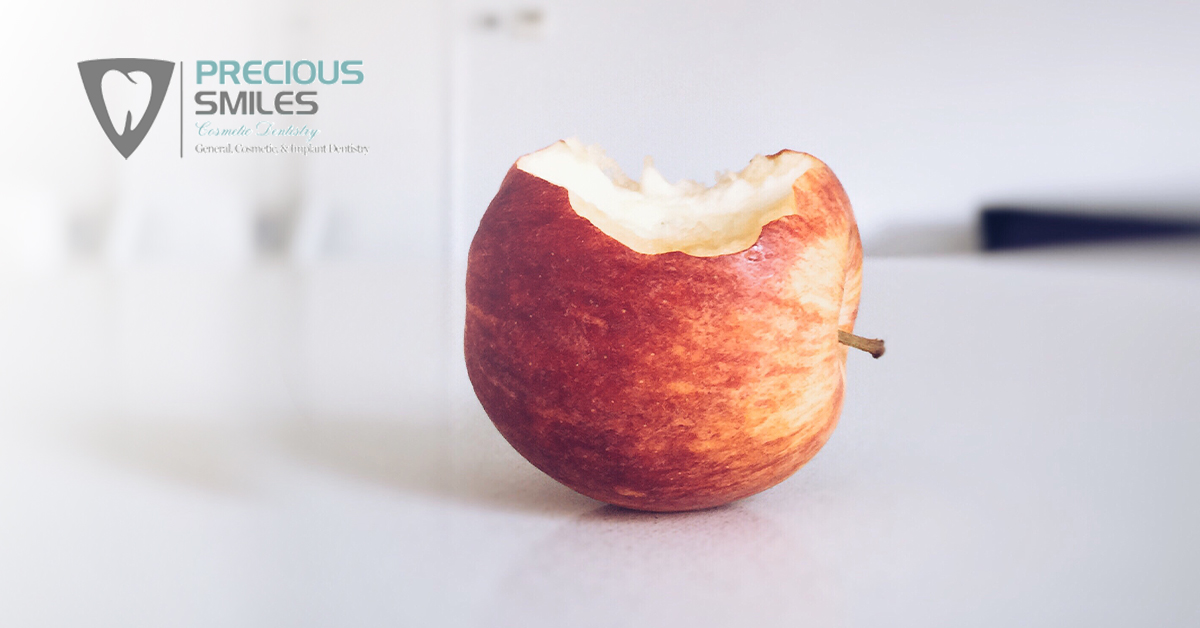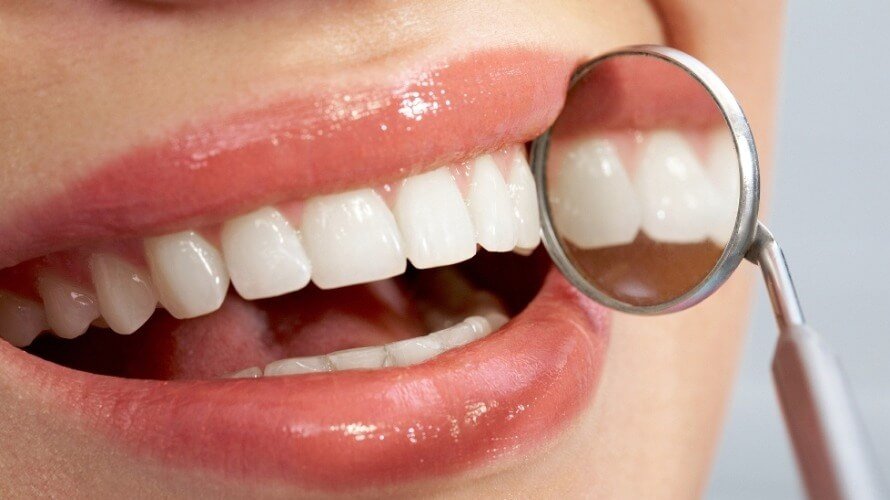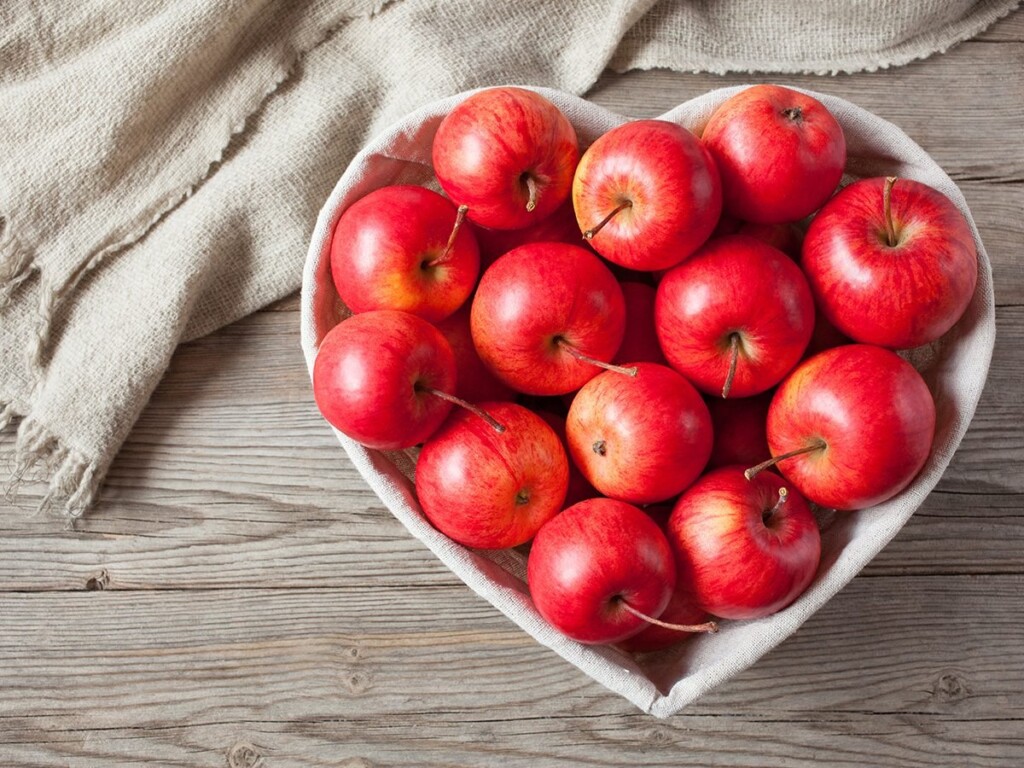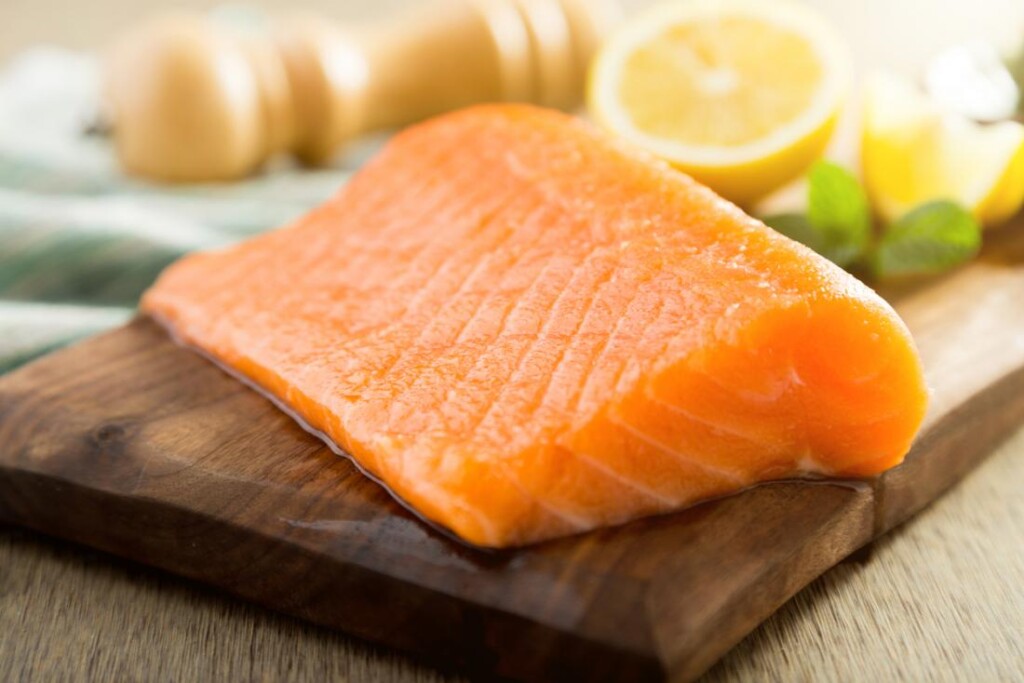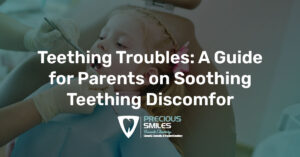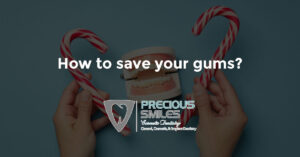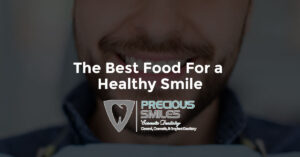When it comes to maintaining dental health, in the following text we offer you a few tips that will surely help you. There are certain things you can do very easily to prevent dental disease. First of all, start with the diet and the way you eat. It is very important that you take in healthy foods that will strengthen the health of your teeth and gums. These eating habits need to be adhered to in combination with a good oral care routine consisting of brushing your teeth, flossing, rinsing with mouthwash and regular visits to the dentist.
If you are what you eat, that’s even more true for your teeth and gums. When you drink and eat starchy or sugary foods, you’re not only feeding yourself. Check HERE to learn more.
Limit sticky or sour foods
The more sticky the food, the longer it takes for it to break down with saliva and the more likely it is to stick to your teeth creating plaque. Acidic foods also rapidly escalate the caries process. Sour drinks and foods include alcoholic beverages, coffee, potato chips, but can also include foods that are useful in the diet, such as tomatoes or citrus fruits. Foods like honey, molasses, dried fruit or raisins can stay on the surface of your teeth and increase your risk of caries.
Calcium is important for strong teeth
A healthy level of calcium in your diet, which you can achieve through dairy products, eggs or leafy green vegetables, is also key to healthy teeth. Calcium helps strengthen your bones and teeth. Calcium deficiency can cause osteoporosis, which is not only harmful to the bones, but can also cause problems with the teeth and jawbone. Those who have osteoporosis are three times more likely to lose teeth than those who do not.
Drinking water
If you are thirsty, reach for a glass of water. Plain water is best for protecting teeth and for many other health benefits. Other unsweetened beverages are safe for teeth, including unsweetened coffee and tea.
Take breaks
Try not to eat or drink constantly. Your mouth needs breaks to process what you put into them. A regular snack – especially with snacks that are bad for your teeth, such as chips or candy – could leave remnants of particles on your teeth.
Apples and pears
Will an apple a day distract the dentist? Maybe not, but it will definitely help. Consuming apples or other hard fibrous fruits can help clean teeth and increase salivation, which can neutralize citric and malic acid that remains in the mouth. And while sweet apple juice can contribute to tooth decay, fresh apples are less likely to cause problems. This is because chewing the fibrous texture of apples stimulates your gums, further reducing caries-causing bacteria and increasing saliva flow. Raw pears are good at neutralizing acids in the mouth that cause putrefaction.
Leafy greens
Super healthy, leafy vegetables are rich in calcium, folic acid and a lot of important vitamins and minerals that your teeth and gums love. Crispy fresh greens in salads and sandwiches also help clean your teeth.
Meat and fatty fish
Most meat offers some of the most important nutrients mentioned above, and chewing meat produces saliva. And more saliva is good, because it reduces the acidity in the mouth and washes away food particles that lead to decay. Red meat and even organ meat are especially useful. Oily fish (like salmon) and tofu are full of phosphorus, an important mineral for protecting tooth enamel.
Broccoli
You may not be a fan of broccoli, but keep in mind that fresh broccoli not only offers tons of vitamins C and K – important for bone health and proper blood clotting – they are also natural tooth cleaners!
Kiwi
Kiwi is another fruit that offers a really high concentration of vitamin C. Vitamin C strengthens the immune system by increasing the production of blood cells that destroy foreign microorganisms.
Garlic and onion
Allicin found in garlic has strong antimicrobial properties, which can help fight tooth decay, especially periodontal disease. Again, it may not be the first choice for fresh breath. When eaten raw, onions have strong antibacterial properties, especially against some bacteria that cause tooth decay and gum disease.

